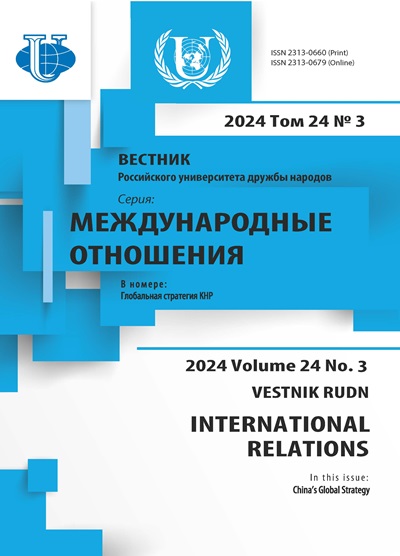详细
Theoretical research indicates that foreign interference, and even allegations thereof, cause long-term negative effects: they erode trust, damaging the bilateral relationship, and lead to a greater polarization of the political system and society due to the securitization of the relationship with the presumed interferer. The article examines the case of how the Australian government and society have reacted to the perceived attempts of interference by the People’s Republic of China (PRC). It tests theoretical hypotheses by answering the question of what are the implications of the above-mentioned issue for Australia - China relations and Australia’s politics. The study has identified that the rhetoric about foreign interference by the PRC into Australia’s internal affairs has been publicly attributed to a complex of attempts at unwanted influence not only in politics but also in other domains such as society, economics, education and mass media. This issue served as a critical juncture in initiating a downward trend in bilateral relations by significantly eroding Australia’s trust in China and public opinion about it as well as by prompting the Australian government to reassess its policy vis-à-vis the PRC against the background of challenging geopolitical landscape of the Asia-Pacific. The securitization of cross-border links with China has become a notable phenomenon. As a result of these events as well as other foreign policy factors, Australia - China relations deteriorated significantly. The Australian government promptly took a hard stance against the perceived foreign interference, becoming the first to adopt a special legislation to combat it. This issue was instrumentalized in political competition, especially by the Liberal Party of Australia. However, there has been no polarization of the Australian political system and society. The result has been a broad public and bipartisan consensus on the need for a greater transparency and public scrutiny over the links with China, as well as the establishment of an effective system to counter foreign interference. The Australian case demonstrates that the instrumentalization of the interference issue may lead not to a polarization but, on the contrary, to a domestic consensus over standing up to a perceived threat.









